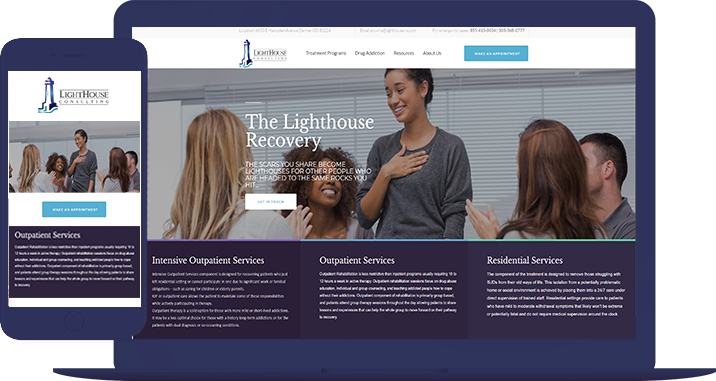
Why You Need Counseling
A substance use disorder is more than a physical dependence on drugs or alcohol. SUD is a disease.
Even after Drug and alcohol Detox, when your body is no longer physically dependent on drugs, you’re still at high risk for relapse. Many psychological and social factors can be powerful triggers that lead to relapse:
- Expected and Unexpected Life Stress
- Social Environment
- Memories and Activities
- Social Networks
Counseling is the most effective way that helps you escape cravings and learn to manage what life throws at you without drugs or alcohol. Several counseling therapies treat substance use disorders. While no one method is known to be better than another, property structure of addiction psychotherapy helps many patients with opiate addiction. The right treatment plan and well designed and structured counseling will help you to conquer your addiction and address your individual needs.








